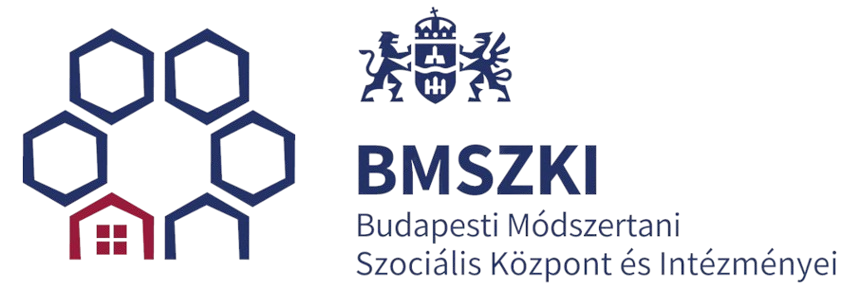Erasmus+ Women and Homelessness
The Erasmus+ Women and Homelessness strategic partnership unites organizations working with homeless people – among them, homeless women. These organizations (NGOs and public service providers, a European network and the Social Innovation Center of a University) from seven different countries want to exchange good practice and expertise about their work with homeless women, in order to improve their services for this target group. Homelessness services have been traditionally designed for male users, ignoring the specific female needs of homeless women as well as the different ways homeless women take when becoming homeless (especially the link to intimate partner or gender-based violence and the relationship with children). Partners want to develop and/or update their internal policies, structures to better work with homeless women and to learn about innovative ways of training of staff as well as involvement and empowerment of service users. Beside this we strive to raise awareness of the importance of these topics between policy makers, stakeholders and associated organisations.
Based on needs assessment carried out in each of our countries, our work will focus on the following five themes, all signalled by the women we work with:
- Homeless women and children – although most often we think of homeless women as independent adults, many of them have small children whom they cannot raise themselves, and whom they might see often, less often or even never. Homeless women face many obstacles when wanting to keep in touch with their kids, and we want to find good practices to help them overcome these!
- Women’s health issues – there are specific health issues that are relevant to women only (feminine types of cancer, contraception, menopause). We want to explore what works in raising consciousness and helping women access these services when needed.
- Emotional and physical safety – most of the women we work with have suffered traumatic experiences as children and/or adults. We want to create environments where women can feel secure both physically and emotionally, so they can be helped on their journeys of recovery.
- Relationships, working with women who are in intimate relationships – Women who have a partner might have additional support and resources which can strengthen them in getting out of homelessness – and/or this relationship might be the cause of additional burdens (for ex. intimate partner violence).
- Participation – We want to empower homeless women in all aspects of our work with them: starting from giving them choices in their own care plan and referrals to services that they prefer, onto giving them a say in running the services themselves.
We will work through these themes internally, gathering practices and evaluating them, and sharing the best ones transnationally through five thematic workshops, hosted by our partners. We want to dedicate an additional workshop to the empowerment of homeless women – this meeting would revolve around their needs and provide an opportunity for them to share about their lives and problems with each other.

